- Arakan residents call for air raid warning systems amid surge in junta airstrikes
- Arakan’s Breathing Space (or) Mizoram–Arakan Trade and Business
- Death toll rises to 18 after junta airstrike on Ponnagyun village market
- Regime arrests dozens of Muslims in Sittwe over alleged Arakan Army links
- Over 200 IDPs in Ponnagyun struggle without shelter, food aid
Malaria, flu concerns rise among Muslims in two Arakan State townships
An elderly woman and three children from Wetkhaung Village in Kyauktaw Township contracted malaria and influenza and reportedly died because they could not receive medical treatment in time due to financial difficulties.
30 Jul 2024
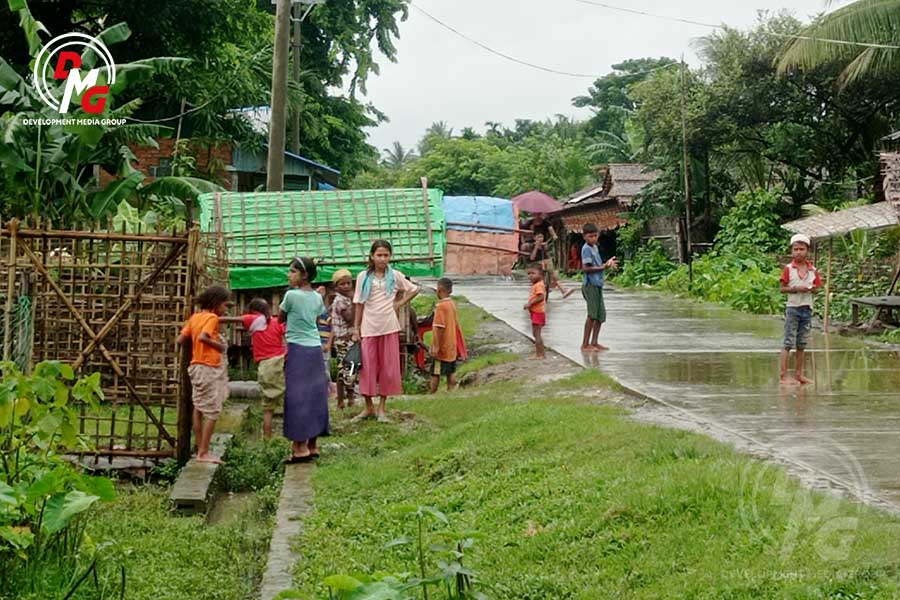
DMG Newsroom
30 July 2024, Kyauktaw
Muslims living in Arakan State’s Kyauktaw and Mrauk-U townships are facing an increase in cases of malaria and influenza, and there have been some deaths blamed on lack of medicine and financial difficulties amid the rising prevalence of illness.
An elderly woman and three children from Wetkhaung Village in Kyauktaw Township contracted malaria and influenza and reportedly died because they could not receive medical treatment in time due to financial difficulties.
“They died because they didn’t have money for treatment. Medicines are scarce and the cost of medical treatment is high, so people cannot afford treatment,” said a resident of Wetkhaung Village.
In Wetkhaung Village, many children and elderly are suffering from malaria, influenza or both, and are in urgent need of healthcare assistance.
Malaria and influenza are common in the Muslim villages of Mrauk-U Township, where residents now facing acute shortages of medicines and financial hardship are grappling with these old foes amid new hurdles.
“Mosquitoes have increased more than last year. Most children now have the flu. I am worried because these diseases can also be fatal,” said a Muslim woman from Paungtoke Village in Mrauk-U Township.
Symptoms from mosquito-borne malaria can appear as late as 10 to 15 days after being bitten by an infected mosquito and the disease can infect anyone of any age. If not treated in time, severe cases of the disease can lead to death.
“The current situation is not working well; the locals can’t even buy food to eat. In the meantime, if they get sick, they often cannot afford to buy medicine. Therefore, we want officials to provide medical assistance to Muslims,” said a Muslim man in Kyauktaw.
Residents across large swaths of war-torn Arakan State are facing health challenges due to shortages of commodities and medicine as a result of junta blockades, as well as rising prices.




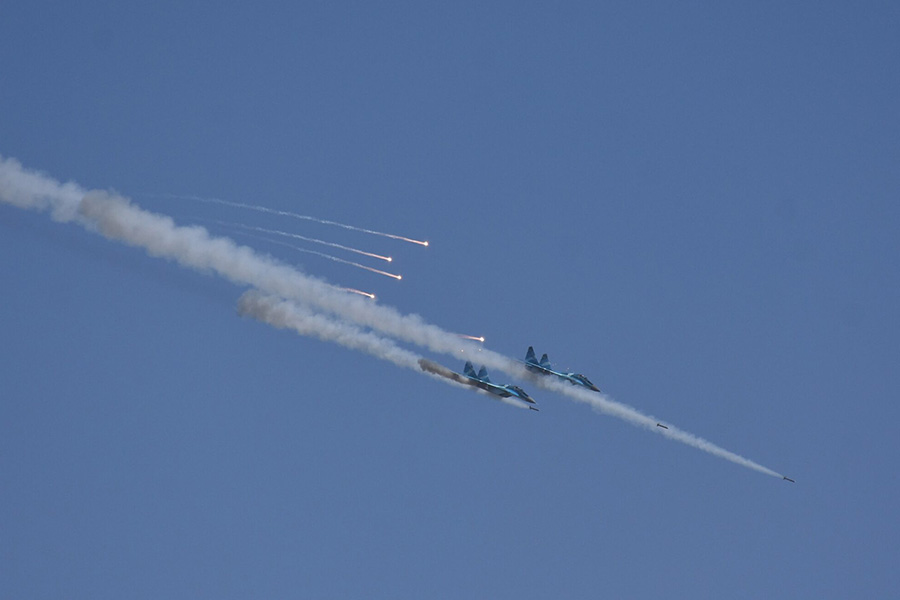
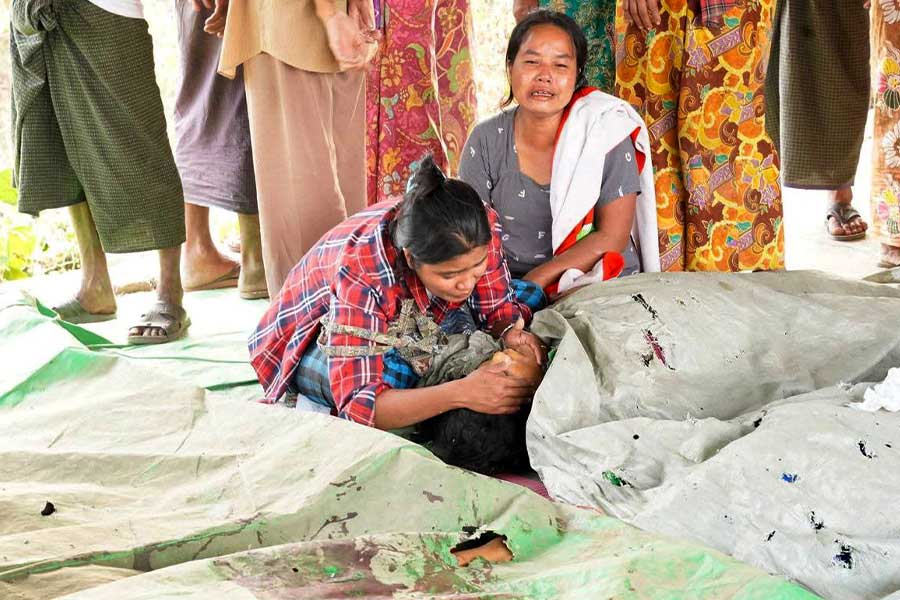
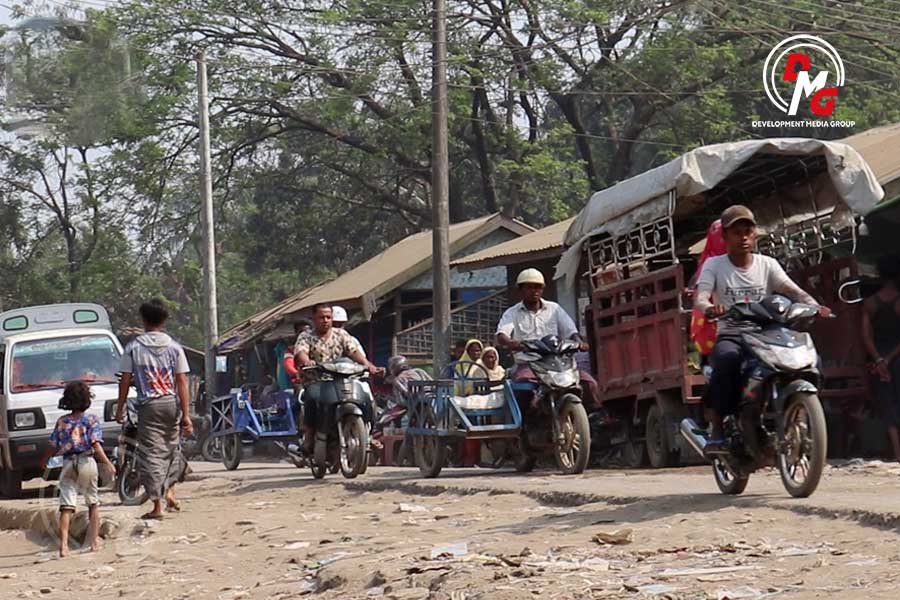
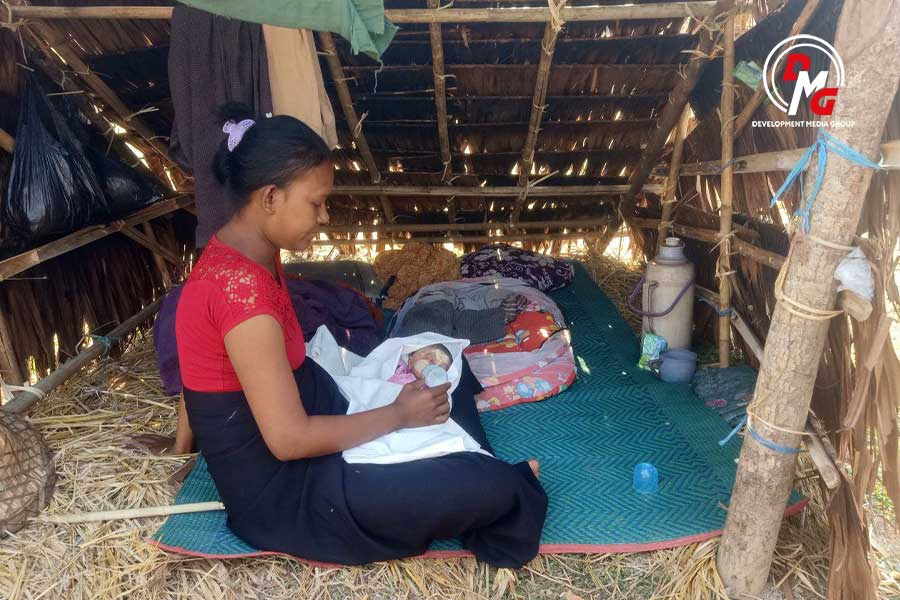
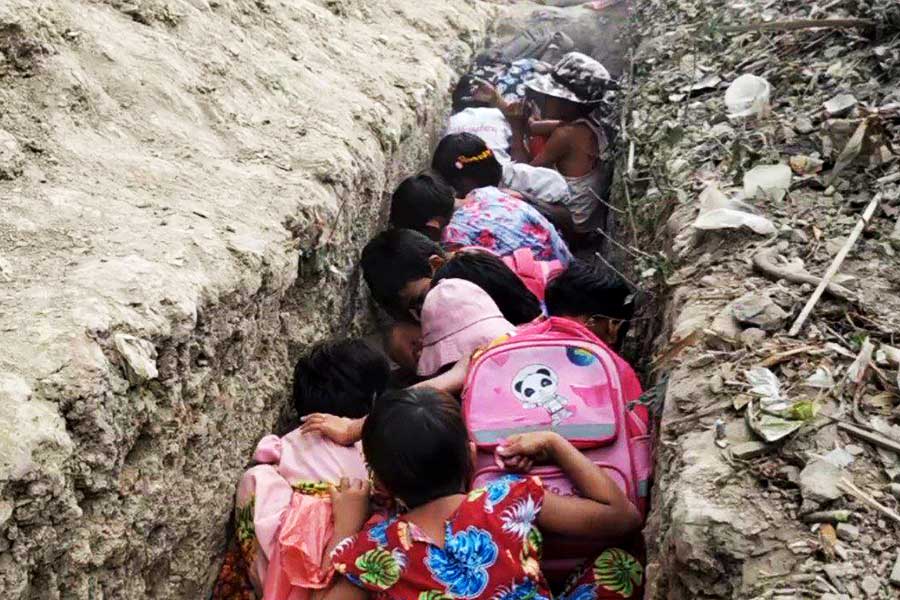








.jpg)